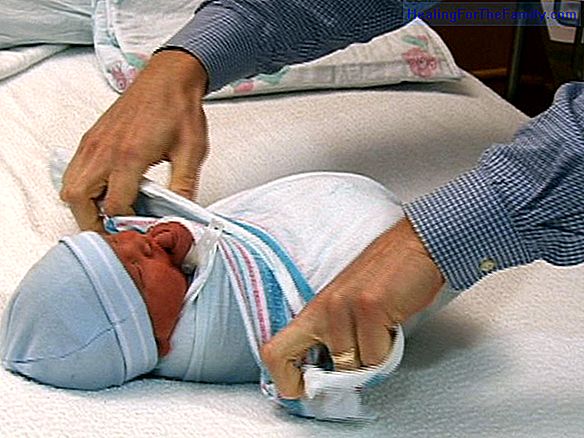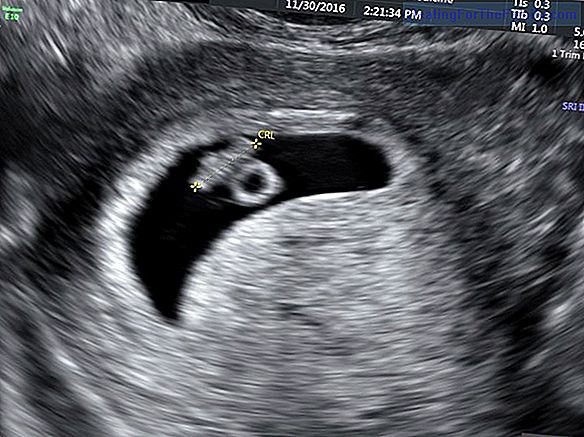Changes in the mouth of the pregnant woman
The hormonal changes that occur during pregnancy cause alterations in the pregnant woman's mouth, such as caries, gingivitis, excessive salivation or tooth mobility. Therefore, the prevention and care of dental health is a primary objective during pregnancy. 6 oral changes in pregnancy Prevention is
The hormonal changes that occur during pregnancy cause alterations in the pregnant woman's mouth, such as caries, gingivitis, excessive salivation or tooth mobility. Therefore, the prevention and care of dental health is a primary objective during pregnancy.
6 oral changes in pregnancy

Prevention is essential for good dental health during pregnancy. Ideally, if you are planning to stay pregnant is to have a previous dental check-up. The dentist can do all the necessary diagnostic tests, including x-rays if necessary, and also dental treatments if you need it. So when the conception occurs you will have a healthy and healthy mouth.
If you have not been to the dentist for a long time and you have become pregnant, it is also time to do a thorough checkup, although the dentist will not do x-rays in this case, as they are contraindicated with your condition. In any case, the specialist will give you all the necessary recommendations to maintain a healthy and careful mouth during pregnancy. These are the most common oral problems in pregnant women:
- Changes in the composition of saliva are produced in pregnant women
and this, together with frequent nausea and / or vomiting during the first trimester of pregnancy, can erode the tooth enamel and produce sensitivity in the teeth. It is advisable to rinse with water after each vomit and also your dentist will recommend you use a mouthwash and toothpaste with fluoride to prevent this problem. Los - Changes in the pregnant woman's diet together with changes in saliva can increase the appearance of caries during pregnancy, so it is recommended to follow the recommendations that your dentist will give you: tooth brushing after each meal, fluoride rinses and flossing daily. If nausea occurs during brushing, use a small, soft brush.
- Gingival changes and tooth mobility . Due to the hormonal changes that the woman undergoes during pregnancy, the accumulation of bacterial plaque and vascular changes, the gums can be red, inflamed and bleed. This is known as pregnancy gingivitis and usually disappears after delivery. To avoid it, it is recommended to do oral cleaning at the time it is necessary and brush your teeth and gums after meals carefully, to which must be added the use of dental floss daily.
- The ' granuloma of pregnancy' is also relatively common. It is a bulky lesion that appears on the gum and bleeds easily, is often associated with poor oral hygiene. It usually appears during the second trimester and disappears only progressively or after delivery.
- Sometimes the pregnant woman presentspain, infection or dental emergencyand it is necessary to carry out the treatment because the benefit is greater than the minimum risks involved. In this case, if you can choose, it is better to do it during the second trimester of pregnancy.












